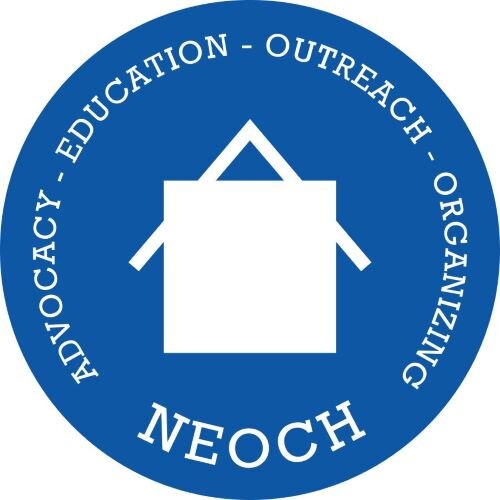Enterprise Gives Summary of Housing Bill

"Last night the House Transportation, Housing and Urban Development Appropriations Subcommittee held a mark-up for its fiscal year (FY) 2018 spending bill. The legislation provides $38.3 billion in funding for the U.S. Department of Housing and Urban Development, which is $487 million below this year’s level and $6.9 billion above the president’s budget request. The cuts to housing and community development programs, though significant, are smaller than expected, indicating that appropriators understand how important these investments are to our communities.
The House bill includes:
- $2.9 billion for the Community Development Block Grant (CDBG) Program and $850 million for the HOME Investment Partnerships (HOME) Program, representing $100 million in cuts for both.
- $20.487 billion in Tenant-Based Rental Assistance, an increase of $355 million over FY17 levels, of which $18.71 billion would go to renewing existing contracts. However, as the cost of operating the program increases each year due to inflation, this level of funding would result in a 6 percent, or 140,000 unit, renewal funding shortfall despite the increase.
- $11.082 billion in Project-Based Rental Assistance, an increase of $266 million over FY17 levels.
- Flat funding for the Public Housing Operating Fund at $4.4 billion.
- $1.85 billion for the Public Housing Capital Fund, down from $1.94 billion in FY17.
- $573 million for Section 202 Housing for the Elderly, a $71 million increase over FY17 enacted levels.
- $147 million for Section 811 Housing for Persons with Disabilities, $1 million over FY17 enacted levels.
- Level funding for Housing Opportunities for Persons with AIDS, at $356 million.
- Level funding for the Native American Housing Block Grant Program, at $654 million.
- $20 million for Choice Neighborhoods, significantly downsizing the initiative, which would be reduced from its current spending level of $138 million.
- $2.4 billion for Homelessness Assistance Grants, level with FY17 enacted levels.
- $30 million for the Section 4 Capacity Building for Affordable Housing and Community Development Program (Section 4), a $5 million cut from FY17 enacted levels.
- Flat funding for the Neighborhood Reinvestment Corporation (NeighborWorks), at $140 million.
Also of note, the legislation does not include any of the policy proposals included in the president’s budget request, such as mandatory rent minimums and rent increases for public housing residents. House appropriators also rejected the proposal to eliminate the Housing Trust Fund, which is not funded with appropriated dollars. However, the House followed the president’s guidance in proposing closure for the U.S. Interagency Council on Homelessness (USICH), without proposing any new mechanism for coordinating the programs aimed combating homelessness across 19 federal agencies.
The House has been marking up FY18 appropriations bills to a topline level for non-Defense discretionary (NDD) spending at $511 billion, which is $4 billion below the FY18 sequestration caps and $8 billion below the FY17 spending caps. The Senate THUD bill is expected before August Recess and may use higher spending caps, although the timing is unclear after Majority Leader Mitch McConnell’s announcement that the Senate will remain in session through August 11, two weeks later than planned.
The fact that cuts to most of these programs were not as drastic as anticipated is a testament to the hard work of affordable housing champions across the country, who contacted their legislators to voice their support of these indispensable programs. HOME and CDBG, for example, are flexible sources of funding that target low-income communities and individuals and are proven job creators. When they were zeroed out in the president’s budget, organizations, businesses, and local governments spoke up for vital role they play in communities."
From the Enterprise Community Partners.
